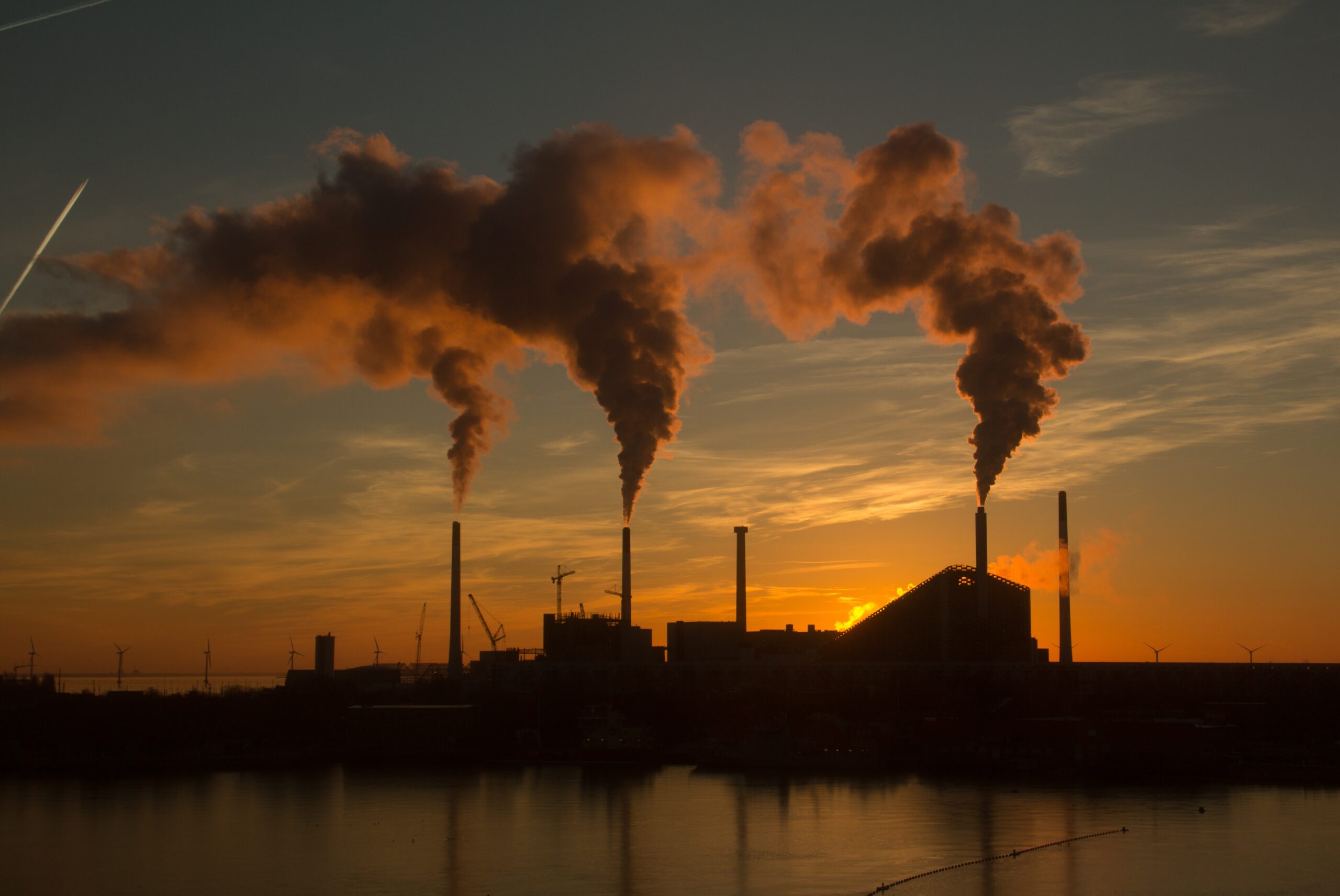Growing up in Malaysia, I’ve witnessed firsthand how our relationship with fossil fuels has shaped not just our environment, but our entire way of life. It’s not just about petrol prices or electricity bills anymore—it’s about the future we’re creating for ourselves. Let me share what I’ve observed about how fossil fuels are changing our beloved country.
- The Air We Can’t Breathe
Remember when we could see the stars at night in KL? Now, more often than not, our skyline is veiled in a thick haze. It’s not just about visibility—it’s about what we’re breathing. Every time I visit my grandmother in the city, she complains about how her asthma has gotten worse. The culprit? The cocktail of pollutants from our cars, factories, and power plants. This isn’t the Malaysia I grew up in, and it certainly isn’t the one I want to pass on to my children.
- When “Normal” Weather Became Extreme
The floods that hit Shah Alam last year were a wake-up call. Climate change, driven by our fossil fuel addiction, is turning our weather patterns upside down. I still remember helping friends clean up their homes after the floods, seeing entire lives swept away by water. This is what our dependence on fossil fuels looks like when it hits home.
- Watching Our Wildlife Vanish
My father used to tell me stories about seeing orangutans in the wild when he was young. Now, my generation might be the last to see these magnificent creatures outside of sanctuaries. The push for fossil fuel exploration, especially in Borneo, is literally pushing our wildlife to the edge. Every time we lose another piece of forest to development, we lose a piece of our natural heritage.
- Our Waters Tell a Story
I grew up swimming in the clear waters of Port Dickson and Terengganu. Today, these same beaches often bear the scars of oil spills and industrial waste. The fishermen I talk to tell me their catches are smaller, the fish less healthy. This isn’t just environmental damage—it’s the erosion of our cultural identity as a maritime nation.
- The Hidden Cost of Power
Living near a coal power plant isn’t just about dealing with noise—it’s about watching your community suffer. I’ve met families in these areas who can’t hang their laundry outside because it turns grey from air pollution. Their children have higher rates of respiratory problems. Is this the price we’re willing to pay for our energy needs?
- Our Indigenous Brothers and Sisters
The story of fossil fuels in Malaysia is also a story of injustice. Our Orang Asli communities, especially in Sarawak and Sabah, are being pushed off their ancestral lands for fossil fuel development. Their struggle is our struggle—a reminder that environmental justice and social justice are inseparable.
- The Renewable Energy Puzzle
It’s ironic—we live in a country blessed with endless sunshine, yet we’re still clinging to fossil fuels. The potential for solar power is right above our heads, but the deep roots of the fossil fuel industry make change difficult. Every time I see a new solar panel installation, though, I feel a glimmer of hope.
- Our Plastic Legacy
Look around any pasar malam or food court—our relationship with plastic (a fossil fuel product) is complicated. We love the convenience, but at what cost? The plastics choking our rivers and killing our marine life will outlive us all. It’s a sobering thought every time I tapau my nasi lemak.
Change is possible. I see it in the growing number of young Malaysians speaking up about climate change, in the communities installing solar panels, and in the businesses moving towards sustainability. We stand at a crossroads, and the path we choose now will determine the Malaysia our children inherit. It’s not just about government policies or international agreements—it’s about the choices we make every day.
As Malaysians, we’ve always prided ourselves on our ability to come together in times of crisis. Well, this is our moment. The question is: are we ready to rise to the challenge?
